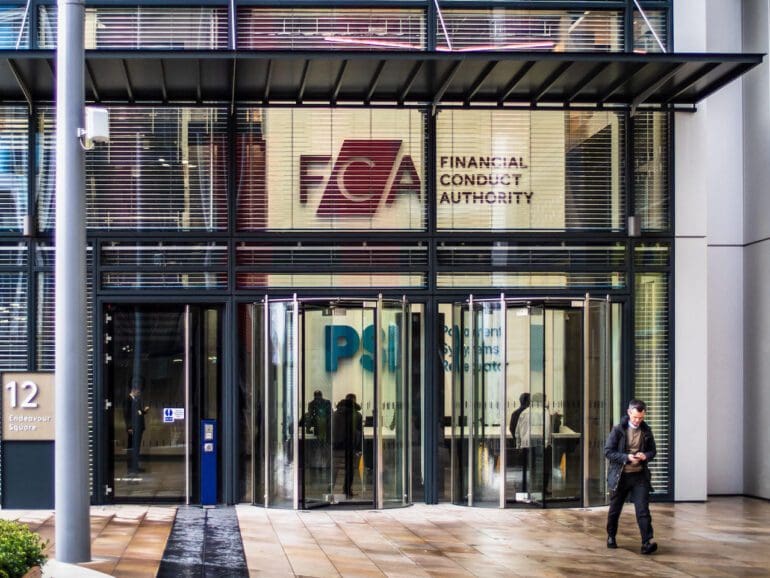One thing was evident in the speeches at Innovate Finance’s global summit earlier this week — fintech and innovation are still apparently top of mind.
Rishi Sunak promised a “Big Bang 2.0” in early January 2021 to take advantage of the “freedom” of Brexit and reinstate the UK as a financial services stronghold. In a twist of fate, Sunak has since risen the ranks to Prime Minister, yet still, the “Big Bang” is more a comparative whisper to the rest of the world.
The rallying statements of improving innovation and “not resting on our laurels” have a hollow quality. Leaders in the field seem slightly jaded, calling for clear next steps on landmark areas the UK had previously championed.
RELATED: In global shift to open finance can the UK remain a leader?

For some time, there have been questions about the UK’s commitment to the goal, and some have seen regulatory moves as playing catch up rather than positioning themselves as outliers.
“There’s a genuine desire in the government for the UK to be a global financial center,” said Philip Hammond, former UK Chancellor to the FT. “But there doesn’t seem to be the willingness to grasp what’s necessary to achieve that.”
RELATED: Edinburgh Reforms scale back on the UK’s financial ‘Big Bang 2.0’
The 2023 Spring Statement, while announcing long-awaited updates for research and development reliefs, was felt by some to fall short of the conditions needed to create a sustainable competitive boost for fintechs.
This week’s approval of the EU’s MiCA legislation only highlights the UK government’s post-Brexit shortfalls in embracing rapid innovation.
FCA Permanent Digital Sandbox imminent
Against this backdrop, the FCA is drawing closer to its goal of summer 2023 to release a permanent digital sandbox following two successful pilot programs.
The Sandbox is said to have the potential to improve innovation in financial service products by providing a secure environment for testing with GDPR-compliant datasets.
The two pilots set out to measure its use in developing solutions to timely challenges. The first, running from October 2020 – February 2021, targeted challenges exacerbated by the COVID-19 pandemic. The second, active between November 2021 and March 2022, focused on developing products centered on ESG data and disclosure.
Before the summer deadline for the permanent digital Sandbox, the FCA announced that they had selected NayaOne to build and operate the final platform.
This is the latest in several notable collaborations between NayaOne and other financial institutions, including Lloyds Bank and Fintech North. The sandboxes had been designed to test and implement various fintech opportunities, using synthetic datasets and streamlining onboarding.
RELATED: NayaOne partners with Lloyds to launch Innovation Sandbox
“We are thrilled to have been selected for this prestigious opportunity to collaborate with the FCA on driving innovation in financial services,” said NayaOne CEO Karan Jain. “We believe that our digital transformation platform and synthetic data technology will be a valuable asset in helping fintech companies to develop and test their products more efficiently and effectively.”
While the Sandbox may be a small part of the puzzle to boost cutting-edge innovation, perhaps it is a sign of the industry regulators leaning in a positive direction.


